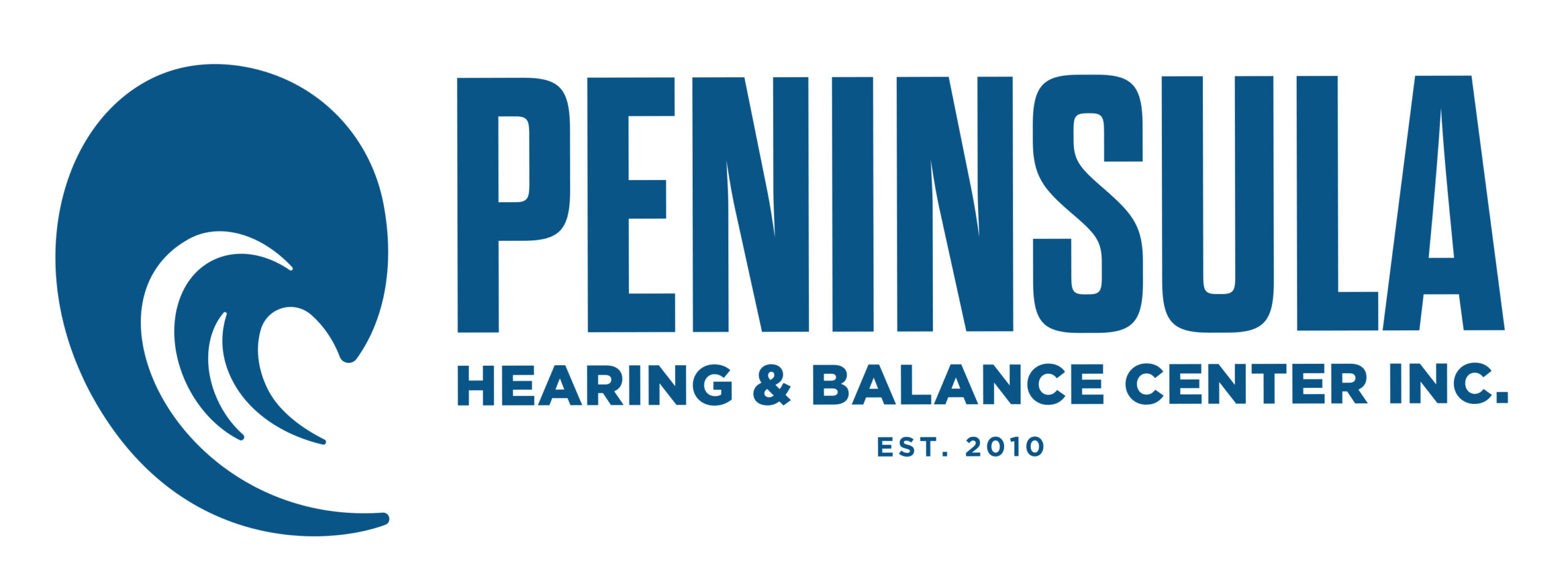Managing hearing loss in a professional setting can be daunting. You might be worried about missing what’s being said, mishearing instructions, or even putting your safety at risk. But with the right approach and resources, you can create an environment where communication barriers are minimized, and your contributions are maximized.
Here is our comprehensive guide to navigating hearing loss at work. Together we can improve your hearing and help you remain an integral and effective member of your team.
Understanding the Impact of Hearing Loss at Work
The ramifications of hearing loss in a work setting are broader than you might think. Hearing loss can affect you, your social interactions with your coworkers, the effectiveness of your team, and even the overall workplace dynamics. Recognizing and accepting the implications of your hearing loss allows you to advocate for necessary changes and accommodations more clearly.
Communication Tactics
Communication is the foundation of a successful career in any field, and hearing loss can complicate this fundamental workplace element. By taking the initiative and working toward easier communication, you can significantly mitigate these complications.
Effective communication strategies can include:
- Requesting written confirmation: Follow up verbal discussions with an email summary to ensure nothing is misunderstood or forgotten.
- Encourage face-to-face conversations: This allows for lip-reading and better comprehension of non-verbal cues, which are essential for effective communication.
- Make use of accessible technology: Assistive listening devices and speech-to-text software can be game-changers in facilitating smoother communication.
Embrace Technology to Your Advantage
In today’s tech-savvy world, several devices and applications can help you overcome difficulties posed by hearing loss. Some solutions to consider include:
- Telecoil and Bluetooth-enabled hearing aids: These allow for direct streaming of phone and computer audio.
- Captioned telephones: They display a transcript of the conversation in real-time.
- Real-time captioning services: For meetings and webinars to ensure you don’t miss a word.
Create an Inclusive Workplace Culture
A supportive work culture is important for anyone with a disability. In the workplace, you can foster a mindset that emphasizes inclusivity and understanding.
- Educate your peers: Help them understand your needs and the best ways to communicate with you.
- Seek out allies: Identify coworkers who can offer assistance in situations where communication may be challenging.
- Be proactive in your accommodations: Seating arrangements, meeting protocols, and even the layout of your office can be tailored to your needs.
Know Your Rights
Laws such as the Americans with Disabilities Act (ADA) help protect your rights as a person with a disability at work. They mandate reasonable accommodations to ensure you can perform your job efficiently. Sometimes employers are unaware of their obligations under the law, so it’s important to be well-informed yourself.
You are legally allowed to request reasonable accommodations and your boss must consider these requests. You are entitled to modifications or adjustments necessary to enable you to perform your job functions.
Invest in Professional Development and Self-Care
Personal well-being is the cornerstone of professional success, especially when dealing with additional challenges such as hearing loss. Some essential self-care tips include:
- Pursuing skill-building: Participate in training that not only enriches your career but also builds confidence.
- Developing stress-reduction techniques: Regular relaxation and mindfulness exercises can help maintain mental and emotional health.
- Seeking out community support: Engaging with others who understand your experience can provide camaraderie and practical advice.
Find Your Next Hearing Aids
Navigating hearing loss at work can be a challenge, but with the right information, technology, and support, you can create a work environment that is both productive and accommodating. Effective communication, enhanced technology, and an inclusive culture can go a long way.
Be proactive and assertive about your needs, adapt to new communication methods, and embrace the advancements in technology designed to facilitate those with hearing impairments. Remember, it’s about creating a work environment that recognizes and utilizes your unique talents and skills, and where hearing loss is just one of the many nuances of workforce diversity.
Are you ready to hear better at work? Visit us for a hearing test and explore your hearing aid options. With the right devices, you’ll be able to hear more clearly, use hearing aid-compatible technology, and put your best foot forward at work.

